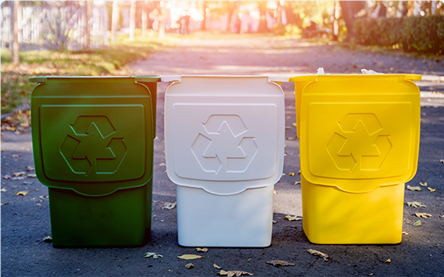

Sign In
Sign Up
First Time Customers - Sign Up Now To Get 10% Off Your Order.
My Account
Order History
Reorder Products
My Favorites List
Viewed Items 1
Help & FAQs
Contact Us
About Us
|
|
| All Categories |  |
- Main Categories
- Apparel
- Auto, Home & Tools
- Bags
- Calendars
- Candy, Food & Water
- Drinkware
- Health & Wellness
- Office & Gifts
- Outdoor & Leisure
- Stationery & Folders
- Technology
- Toys & Novelties
- Tradeshow & Events
- Writing
- All Categories
- Quick Links
- On Sale Items
- Super Sale Items
- FREE 24 Hour Rush
- FREE 48 Hour Rush
- Best Sellers
- New Products
- Made In the USA
- Full Color Items
- Shop By Brands
- Factory Direct Products
- Items Under $1
- Sustainable Products
- Promo Direct Shops
- Sign In & Register
- Your Account
- Sign In
- Sign Up Now







 Promotional Products & Apparel
Promotional Products & Apparel
 Shop All Categories
Shop All Categories
 All
All








